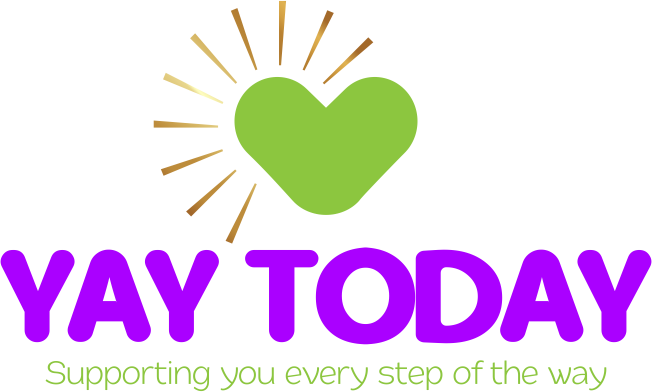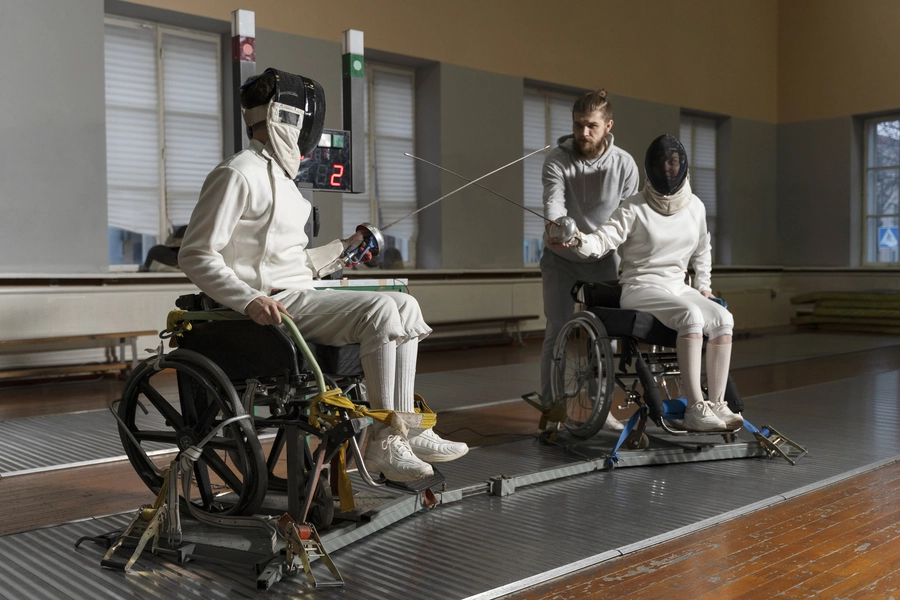In the diverse landscapes of Australia, from the bustling cities to the serene coasts, a significant movement is unfolding. It’s in the realm of adaptive sports, a domain where people with disabilities find not just an arena for athletic prowess but a platform for empowerment and inclusivity.
Adaptive sports, encompassing a wide range of activities tailored to individuals with various disabilities, are redefining the boundaries of ability and sportsmanship. These sports offer a unique blend of physical activity, social interaction, and psychological well-being, contributing significantly to the empowerment of individuals with disabilities.
The impact of these activities extends beyond the physical benefits. They foster a sense of community, belonging, and identity among participants. In this inclusive environment, athletes are not defined by their disabilities but celebrated for their abilities and the unique perspectives they bring to the field.
Moreover, adaptive sports challenge societal perceptions of disability. Through these activities, the wider community gains a deeper understanding and appreciation of the capabilities and resilience of people with disabilities. This shift in perspective is crucial for building a more inclusive society.
Yet, the journey towards full inclusion in sports is ongoing. Accessibility, funding, and public awareness are key challenges that need to be addressed. This requires a collaborative effort from government bodies, community organizations, and the public to ensure that adaptive sports are accessible and well-supported.
Each step forward in this journey is a testament to the courage and determination of the athletes. Their stories of overcoming obstacles and achieving their goals are a powerful source of inspiration, not just for other individuals with disabilities but for everyone.
The future of adaptive sports in Australia is bright and full of potential. As more people participate and support these activities, we move closer to a society where diversity in ability is not just accepted but celebrated.
In conclusion, adaptive sports are much more than just games or recreational activities. They are a catalyst for change, promoting empowerment, inclusivity, and a deeper understanding of what it means to be resilient and capable, regardless of physical limitations.
Ready to be a part of this empowering movement? Share this story to inspire others and help foster a more inclusive and understanding society. Every share counts in spreading the message of strength and resilience in the world of adaptive sports.
FAQs: Frequently Asked Questions
- How Can Individuals with Disabilities Get Involved in Adaptive Sports? Getting involved in adaptive sports in Australia is easier than you might think. Many community centres and sporting clubs offer adaptive sports programs. The best starting point is to contact local disability organizations or sports clubs to inquire about available opportunities. Additionally, many national associations for specific disabilities also provide resources and connections to adaptive sports programs.
- Are Adaptive Sports Competitive or Just Recreational? Adaptive sports cater to a wide range of interests and skill levels. They can be both competitive and recreational. For those looking for competition, there are local, national, and even international events, like the Paralympics. On the other hand, many enjoy adaptive sports purely for recreation, fitness, and social interaction. The key is that these sports are adaptable to the needs and interests of the participants, whether they’re looking for serious competition or just a fun and active way to spend time.
- What Are the Benefits of Adaptive Sports for People with Disabilities? Adaptive sports offer numerous benefits beyond physical fitness. They play a significant role in improving mental health, boosting self-esteem, and fostering a sense of belonging and community. Participating in sports can also enhance social skills and provide opportunities for personal growth and development. Importantly, these activities help challenge societal perceptions of disability, showcasing the abilities and resilience of individuals with disabilities.
Check out our blog here and enjoy!

